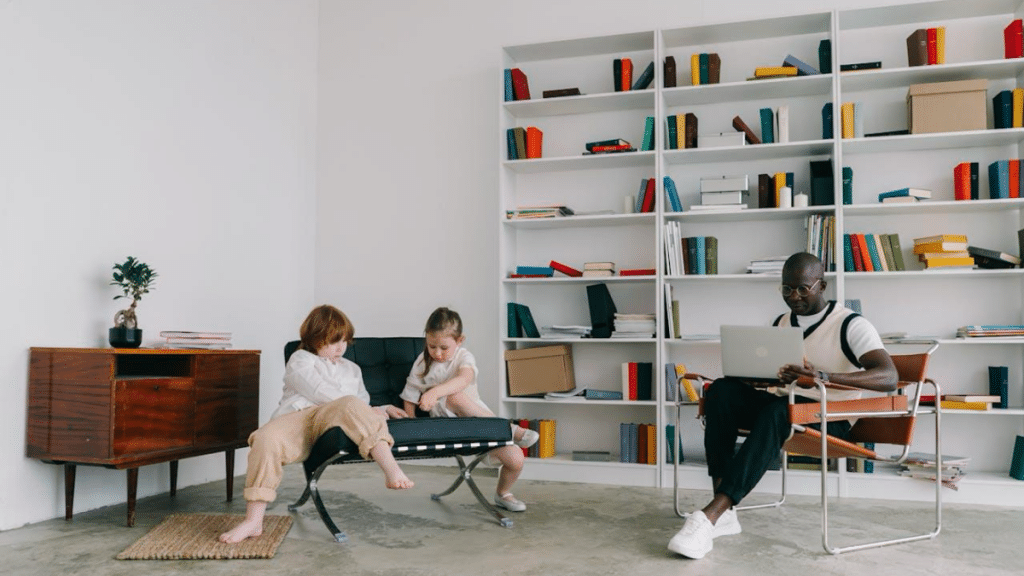When it comes to supporting your child’s mental and emotional health, the right therapist can make a real difference in helping them be their best and healthiest selves. Whether your child is experiencing behavioral issues, anxiety, depression, or other obstacles, the right therapist can help — but knowing where to start can feel difficult.
Here’s a comprehensive guide to help you navigate this important process.
Understand Your Child’s Needs
The first step in the process is to understand your child’s unique needs and challenges. When observing them, notice any behavioral changes, emotional struggles, or difficulties in social interactions. Being able to notice these changes will help you choose a therapist with the right specialization and expertise.
Look For Recommendations
Reach out to people you trust for recommendations. These can include your child’s pediatrician, school counselor, or other parents who have found helpful resources for their kids. Personal referrals can help you find reputable therapists with a proven track record of helping young kids.
Research Credentials and Specialization
When researching potential therapists, look for ones who specialize in working with children and young adults—like the multidisciplinary specialists at CasePsychology.com. Look for licensed professionals who have degrees and specializations in child psychology, clinical social work, or counseling. Be sure to double- and triple-check their credentials and check if they have experience dealing with your child’s specific issues.
Consider Therapeutic Approaches
Not all therapy approaches are the same, which is why it’s important to find a therapist that fits your child’s needs.
Some children respond well to cognitive-behavioral therapy (CBT), which focuses on changing negative thought patterns. Others may benefit from play therapy, art therapy, or family therapy. Talking about these options with potential therapists can help determine the right fit for your child.
Evaluate Compatibility
A healthy and trusted relationship between your child and their therapist is essential and can help lead to more successful outcomes. It’s important to schedule a consultation or interview with prospective therapists to learn more about their approach and how they work with their patients. Look at how your child engages with them and whether they feel comfortable in their presence.
Assess Everyday Factors
Look at everyday factors like location, availability, and cost. Choose a therapist whose office is conveniently located and whose schedule aligns with yours. Ask about insurance coverage or sliding-scale fees to make sure that your child’s therapy stays affordable and sustainable.
Trust Your Instincts
More than anything, trust your instincts as a parent. If something doesn’t feel right during the first consultation or first few sessions, don’t hesitate to explore your options. Safe and effective therapy requires a positive and trusting relationship, so prioritize your child’s comfort and well-being throughout the selection process.
Monitor Progress and Adjust
Once your child starts therapy, it’s important to stay involved in their progress. Communicate regularly with the therapist to understand what strategies they’re using and the milestones achieved. Be open to adjusting the approach if needed to ensure your child is getting the most out of their sessions.
Stay Committed
Therapy is a beneficial experience that requires commitment and patience. Encourage your child to participate openly in their sessions. Continue to talk about the positive aspects of therapy and stay supportive throughout the process.
